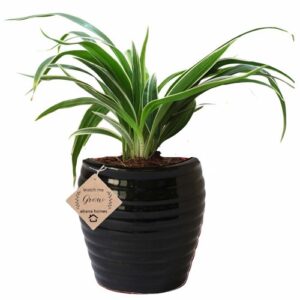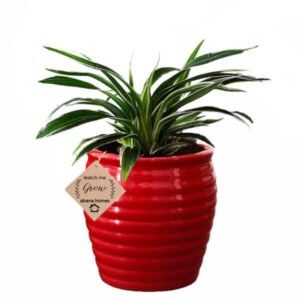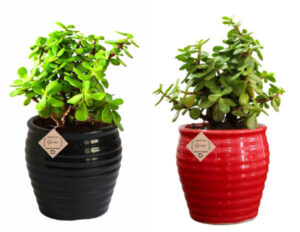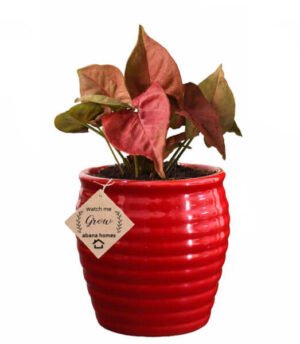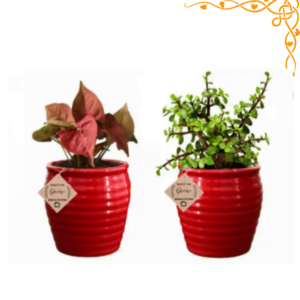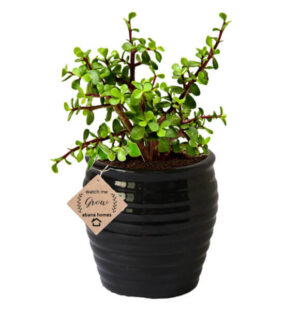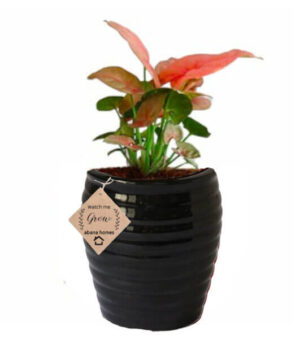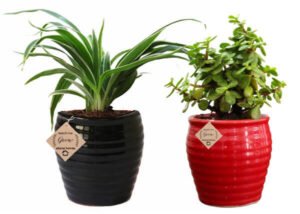₹600.00Original price was: ₹600.00.₹399.00Current price is: ₹399.00.Ships Tomorrow - Fast Delivery Available- Rated 4.50 out of 5
₹600.00Original price was: ₹600.00.₹399.00Current price is: ₹399.00.Ships Tomorrow - Fast Delivery Available - Rated 4.00 out of 5
₹700.00Original price was: ₹700.00.₹499.00Current price is: ₹499.00.Ships Tomorrow - Fast Delivery Available - Rated 5.00 out of 5
₹700.00Original price was: ₹700.00.₹499.00Current price is: ₹499.00.Ships Tomorrow - Fast Delivery Available - Rated 4.17 out of 5
₹700.00Original price was: ₹700.00.₹499.00Current price is: ₹499.00.Ships Tomorrow - Fast Delivery Available - Rated 4.50 out of 5
₹300.00Original price was: ₹300.00.₹299.00Current price is: ₹299.00.Ships Tomorrow - Fast Delivery Available - Rated 5.00 out of 5
₹700.00Original price was: ₹700.00.₹499.00Current price is: ₹499.00.Ships Tomorrow - Fast Delivery Available ₹1,000.00Original price was: ₹1,000.00.₹699.00Current price is: ₹699.00.Ships Tomorrow - Fast Delivery Available
Filter by price
Product categories
- Aglaonema Plant
- Air Purifying Plants
- Bamboo Plant
- Big Bonsai Tree
- Bonsai Plants
- Bonsai Pots
- Bonsai Soil
- Bonsai Tools
- Ceramic Pots
- Essential Oils
- Exotic Bonsai Plants & Trees
- Gardening Tools
- Gifting Plants Online
- Good Luck Jade Plants
- Good Luck Plants
- Home Decor
- Indoor Plants
- Kitchenware
- Outdoor Plants
- Soil & Fertilizers

